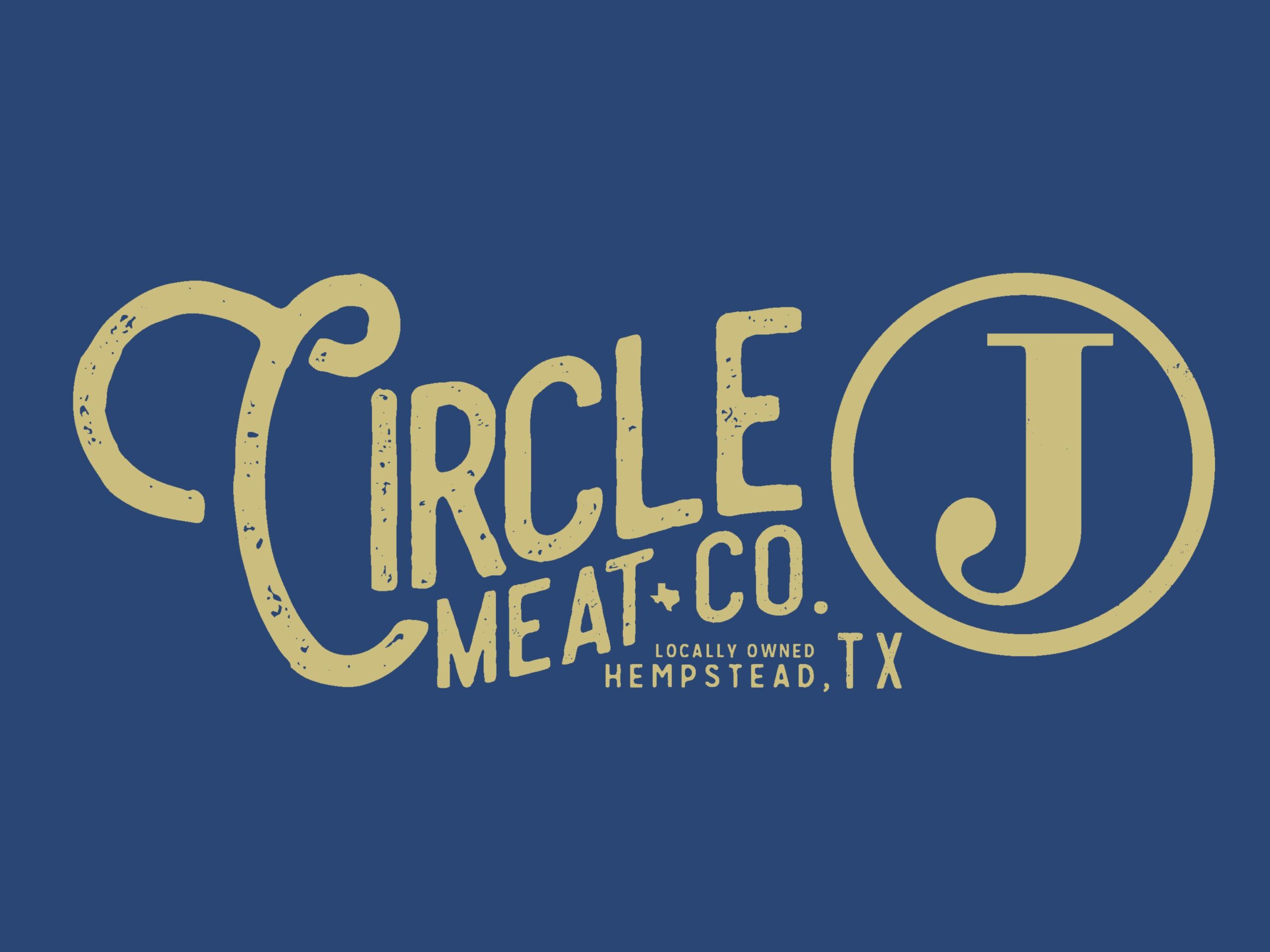Throughout my decade-long journey in real estate investing since buying my first property at 25, I’ve learned that success in this field goes far beyond simply acquiring properties.
It requires intention, mentorship, and a clear understanding of your financial goals—all within a framework of values that keeps you grounded.
Table of Contents
Start With Why
First off, you have to start off by thinking about why you want to invest and what type of real estate appeals to you.
I find that a lot of people jump in because they think it’s a great way to make money, whereas in reality, it’s a great way to make a certain kind of money.
If you’re looking to make salary-level money right away with a small investment, that’s not the right approach.
Instead, ask yourself: Am I tired of trading time for money?
Looking at my entire financial picture, can I buy one rental property that produces exactly $300-400 in net income after expenses?
Maybe that can cover a couple of my normal bills. As you add more properties, you replace more of the need for time-based employment, sales, or entrepreneurship.
Eventually, you reach a point where your passive income—income that’s not tied to your time—meets or exceeds your bills.
That opens up a lot of freedom for your family and your future.
Find Real Mentors
The second thing I always recommend is finding someone who’s actually done it.
There are plenty of so-called experts out there preaching about real estate, but most of them are just noise.
I’ve seen people who’ve bought and sold just one asset and suddenly think they can teach others.
If you’re going to consider being an educator, you really need to have well beyond the 10,000 hours to teach well.
I’m part of a small group in Houston called Lifestyles Unlimited. They’ve got someone who’s attached to it, but I almost call him an “anti-guru.”
People who have developed resources and have a long-standing role in the community or industry tend to be great people to lean on.
We’ve got almost a mastermind of about 30-40 apartment owners that we’re part of. Currently, I have a text group with about 25 guys who collectively manage probably 30,000 units.
They’re constantly texting throughout the day, sharing insights and advice. Having that resource and meeting those people is invaluable.
Capital Requirements and First Steps
You’ve got to have a little bit of capital.
You could do something like wholesaling to build capital, but I typically recommend people have some money before they start.
When I first started, my wife and I bought our first rental before we bought our first house.
We made a deliberate choice to take exactly $20,000 and buy a rental before even buying our own home because we wanted to produce passive income.
That decision set us on a path toward financial independence. We started by researching and attending different events locally in Houston and around Texas, learning as much as we could.
Then we set specific goals. Our initial target was to generate $5,000-6,000 in passive income—money we didn’t have to trade our time for.
That would cover a large portion of our bills. Over time, that number grew as we expanded our portfolio.
A Christian Perspective on Wealth Building
As a Christian, I believe there’s more to real estate investing than just accumulating properties. It’s about stewardship and using resources wisely.
When investors put their retirement dollars behind my business ventures, I feel a deep responsibility to manage those funds with integrity.
I often see fellow entrepreneurs, including in real estate, caught in the constant pursuit of more.
There has to be a point where you ask: Are my family’s needs met? Are we living comfortably?
Having perspective on what you’ve already achieved is crucial.
Many people lack both clarity and contentment because of comparison on social media. They become distressed when they should feel grateful.
This perspective shift isn’t just good business—it aligns with deeper values of gratitude and contentment that inform my approach to wealth building.
I’ve written more about navigating technology, faith, and finding meaning in our digital age in Balancing Technology, Faith, and Fulfillment.
Conclusion
The journey into real estate should be purposeful.
It’s not about making quick money; it’s about creating sustainable wealth that gives you the freedom to live according to your values and priorities.
By focusing on passive income rather than just property acquisition, you create a foundation for true financial independence.
You want the kind that allows you to spend time with family, contribute to your community through events and meetups (as we do in our event space), and live a life that’s about more than just the money chase.
Thanks for reading! You can follow me on X, LinkedIn, or Patron View for more updates.

